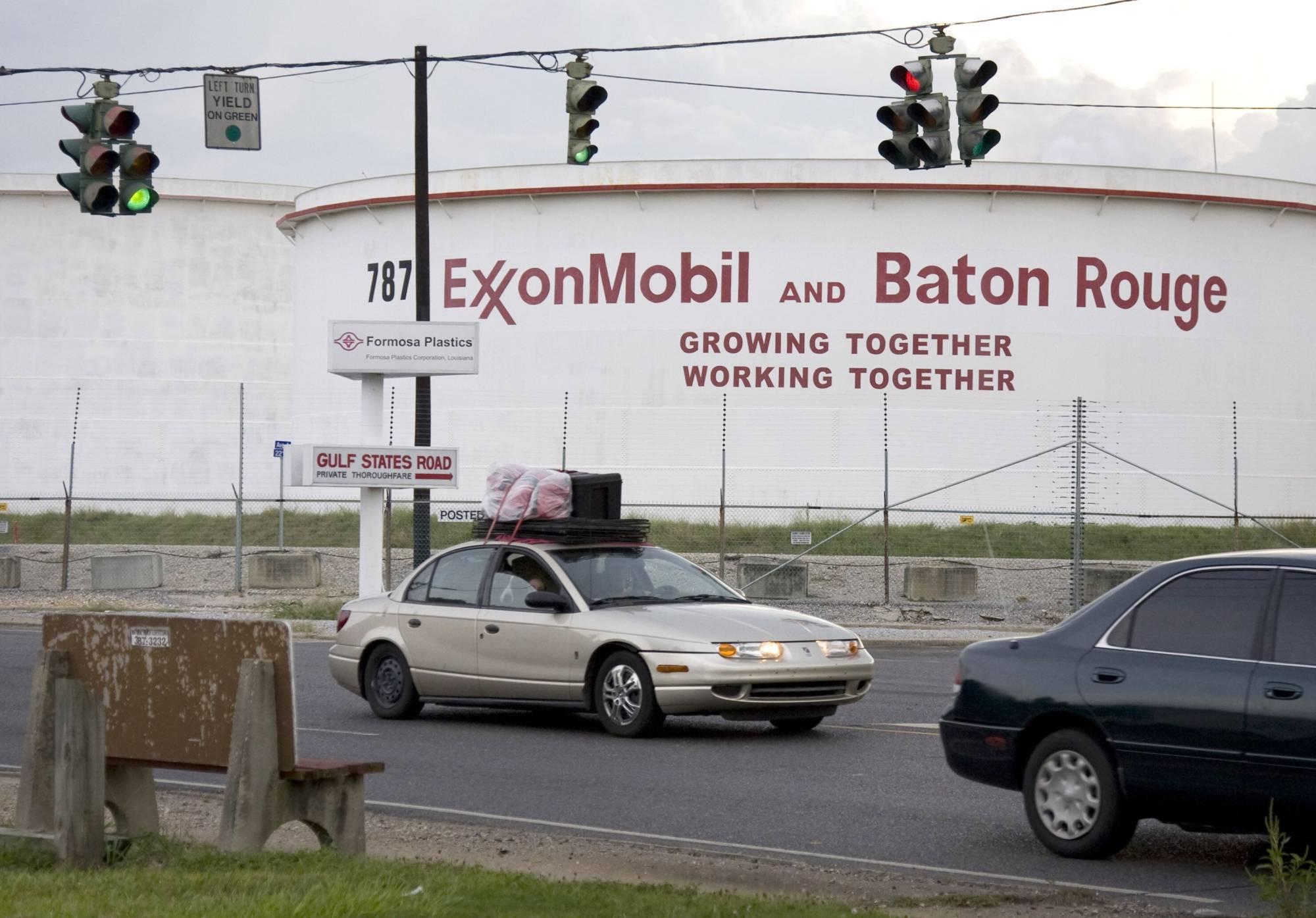Paying for restaurant meals is a cost. Taking classes to learn how to cook your own meals is an investment.
Similarly, suffering through the effects of climate change is a cost, but spending money to avoid the worst climate outcomes is an investment. The difference is meaningful — as Exxon Mobil Corp. has inadvertently reminded us.
In a regulatory filing last week, the oil giant argued it shouldn’t have to bother disclosing more-detailed estimates of the cost of phasing out its fossil-fuel business to meet the International Energy Agency’s Net Zero Emissions scenario for 2050, calling the goal too unrealistic to merit careful accounting. That’s fair enough, considering the world isn’t on a path to keeping its net-zero promises. But then Exxon apparently couldn’t resist adding: "(I)t is highly unlikely that society would accept the degradation in global standard of living required to permanently achieve a scenario like the IEA NZE.”


















With your current subscription plan you can comment on stories. However, before writing your first comment, please create a display name in the Profile section of your subscriber account page.